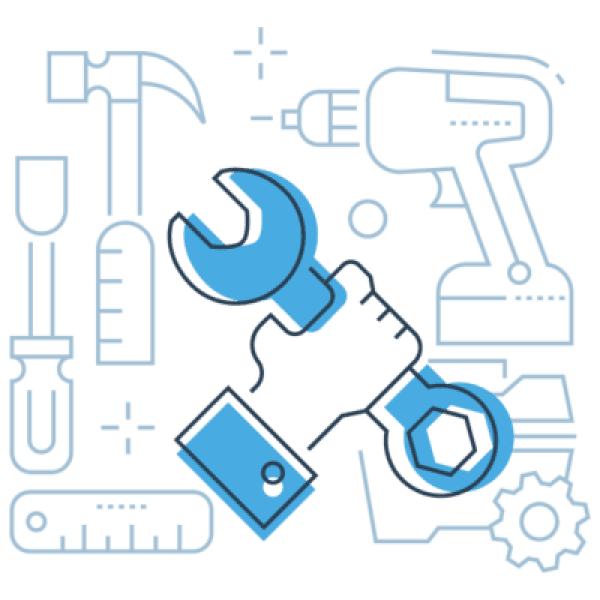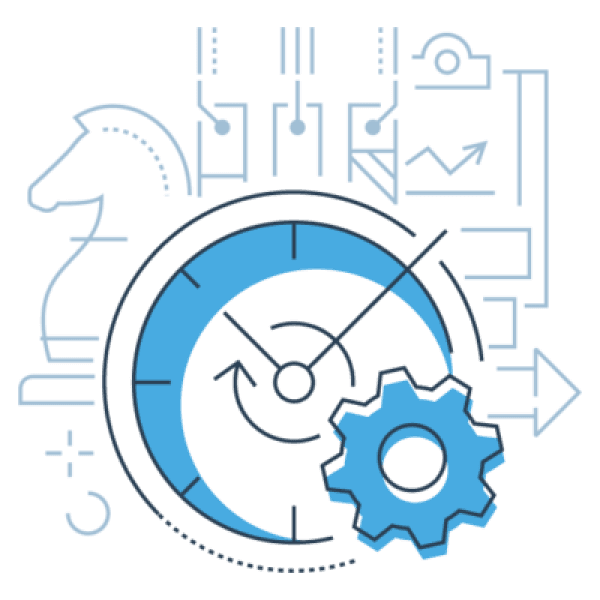Navigating the right to repair in the eu: a comprehensive approach for compliance and sustainability
the european union's right to repair legislation is not merely a regulatory hurdle; it represents a significant shift towards sustainability and consumer empowerment. this policy aims to extend the lifespan of products, reduce electronic waste, and encourage a circular economy. in this detailed exploration, we’ll discuss the essence of the right to repair, its impact on various stakeholders, and the strategic adoption of digital solutions to meet compliance requirements while fostering innovation.
the essence of the right to repair
the right to repair initiative in the eu addresses a critical need to minimize waste and encourage product longevity. it mandates that manufacturers of electronics and appliances design products with repairability in mind. this includes providing access to repair manuals, spare parts, and tools for both professional repairers and consumers.
affected stakeholders
manufacturers: required to ensure their products are repairable and to share necessary resources for repair.
repair shops: over 370,000 electronics repair businesses in the eu must adapt to increased demand with potentially limited resources.
governments and municipalities: need to support their citizens through policies that facilitate repairability, such as voucher programs or tax incentives.
achieving compliance: a structured approach
compliance requires manufacturers to embrace transparency and support repairs. it involves providing comprehensive documentation and materials needed for repair processes. digital platforms can streamline this by offering a centralized repository for manuals and parts and by facilitating communication between manufacturers, repairers, and consumers.
transitioning from risk to strategic opportunity
the costs of non-compliance: non-compliance, as evidenced by high-profile cases involving companies like apple and john deere, can lead to significant fines and reputational damage. these examples underline the importance of adherence, not just from a regulatory standpoint but also in terms of consumer trust and brand integrity.
comparative analysis: potential vs. current state: many companies are still navigating the early stages of aligning with right to repair regulations. this transition phase is critical for setting industry standards around durability and repairability. a digital platform can serve as a benchmarking tool, helping brands assess their current practices against potential improvements and industry best practices.
deepening the impact: our perspective
the adoption of a specialized platform offers more than compliance; it enables brands to redefine their approach to product lifecycle management. this has significant implications:
enhanced support for eu citizens: digital solutions can assist governments in more effectively implementing repair support programs, making repair services widely accessible and affordable.
innovation in manufacturing: by leveraging data and insights from repair processes, manufacturers can innovate in product design, ensuring durability and repairability while supporting circular economy models.
efficiency for repair shops: digitalization of repair workflows can help repair shops manage increased workloads, streamline operations, and improve service delivery.
conclusion: the strategic path forward
the right to repair legislation is a landmark shift toward sustainability and consumer rights in the eu. for manufacturers, repair shops, and municipalities, it presents both a challenge and an opportunity to innovate and lead in the development of sustainable, durable products and services.
our platform offers a comprehensive solution to navigate these changes, enabling stakeholders to not only comply with legislative requirements but also to lead in the transition towards a more sustainable, circular economy. it provides the tools needed to facilitate repairs, enhance product longevity, and support the broader goals of environmental sustainability.
to learn more about how we can support your compliance and sustainability goals, sign up and come talk to us!
Products & support that accelerates your journey
towards a circular future

Perform Circular Services
For service providers in the area of maintenance, repair, refurbishment, reuse or remanufacture, repurpose and recycling who are looking for solutions.

Operate Service Networks
Discover how our solutions enables manufacturers, retailers, circular cities and other stakeholders to launch, scale and innovate their circular service operations.

Develop Circular Strategies
We can help you develop, test and implement your circular ideas together with our expert network of researchers, founders and consultants – from workshops to projects.

Extend Product Lifetime
Climate action = Circular action : learn how we support you to extend the lifetime of your products as easy as possible – both for households and businesses.
Let's chat


